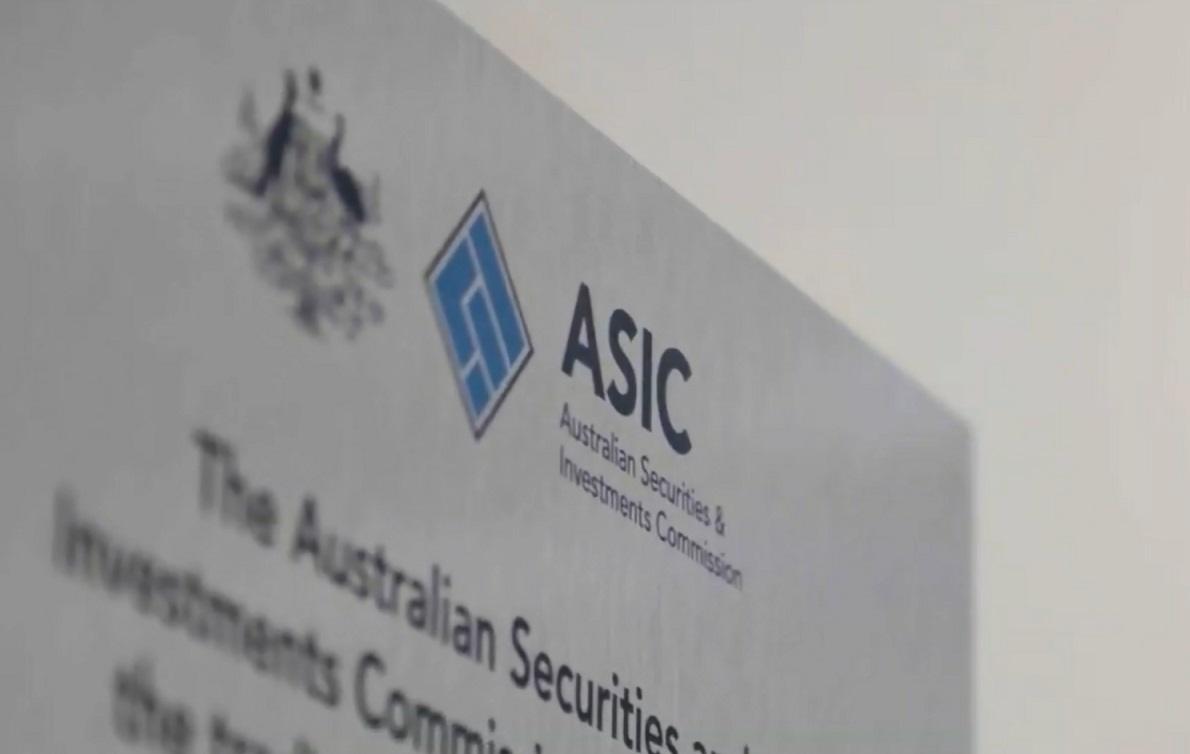
Australia Regulator Pledges “Pragmatic” Approach to Enforcing New Sustainability Reporting Requirements

Corporate, markets, and financial services regulator the Australian Securities & Investments Commission (ASIC) announced the release of “Regulatory Guide 000 Sustainability Reporting,” a new draft guide on Australia’s new sustainability reporting regime and on how ASIC will administer the new reporting requirements.
In a media release alongside the new proposed guidance, ASIC Commissioner Kate O’Rourke pledged that the regulator would take a “proportionate and pragmatic approach to supervision and enforcement,” recognizing a need for a “period of transition” as companies build their capabilities to address the new sustainability reporting requirements.
The new publication follows the passage by Australian lawmakers of the Treasury Laws Amendment Act, introducing mandatory climate-related reporting requirements for large and medium sized companies, including disclosures on climate-related risks and opportunities, and on greenhouse gas emissions across the value chain, starting as soon as 2025 for the largest companies.
Reporting requirements will apply to all public companies and large proprietary companies required to provide audited annual financial reports to the Australian Securities and Investments Commission (ASIC) that meet specific size thresholds, starting with companies with over 500 employees, revenues over $500 million or assets over $1 billion, as well as asset owners with more than $5 billion in assets. For medium sized companies (250+ employees, $200 million+ revenue, $500 million assets), reporting requirements will begin in July 2026, and smaller companies (100+ employees, $50 million+ revenue, $25 million+ assets) will begin one year later.
In anticipation of the need to build capabilities, the legislation included reliefs such as a phased-in approach for Scope 3 reporting, allowing companies an extra year from the beginning of their disclosure requirements to report on the quantity of their indirect value chain emissions, and modified liability provisions.
ASIC is responsible for administering the new sustainability reporting requirements and monitoring compliance.
Key topics addressed in the draft report include guidance on which entities must prepare sustainability reports, the content required, obligations on record keeping, directors’ duties, and on the disclosure of sustainability-related financial information outside of the sustainability report.
In the section of the draft report regarding ASIC’s administration of the sustainability reporting requirements, the regulator said:
“The sustainability reporting regime is new for Australia, and many entities required to prepare sustainability reports under the regime will not have done so before. Both market practice and policy developments relating to climate-related financial disclosures will also continue to evolve both domestically and internationally.”
ASIC launched a consultation period for the new proposed guidance, open until December 19, 2024, requesting feedback on the proposals and on suggested alternative approaches, and asking for comments on issues including likely compliance costs, effects on competition, and other impacts, costs and benefits.
In the consultation paper, the regulator added:
“We acknowledge that there will be a period of transition as reporting entities continue to build their capability, as reflected in the phasing in of sustainability reporting requirements. Accordingly, we will take a proportional and pragmatic approach to supervision and enforcement during this transition period.”
O’Rourke said:
“Our focus for this regulatory guide is to assist preparers of sustainability reports to comply with their obligations so that users are provided with high-quality, decision-useful, climate-related financial disclosures that comply with the law and the sustainability standards.”
Click here to access the draft report and consultation paper.